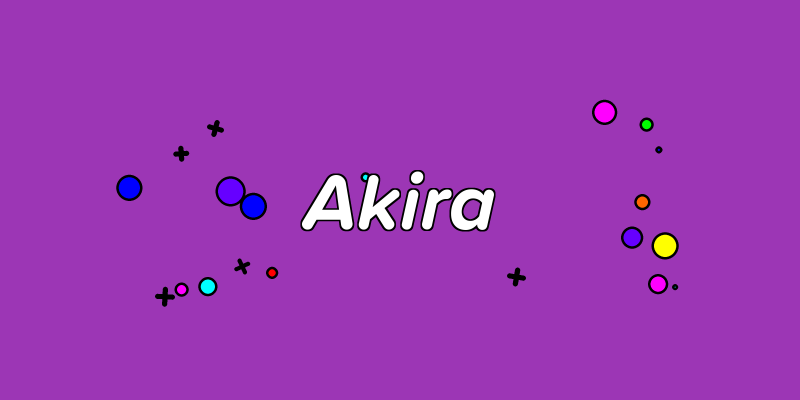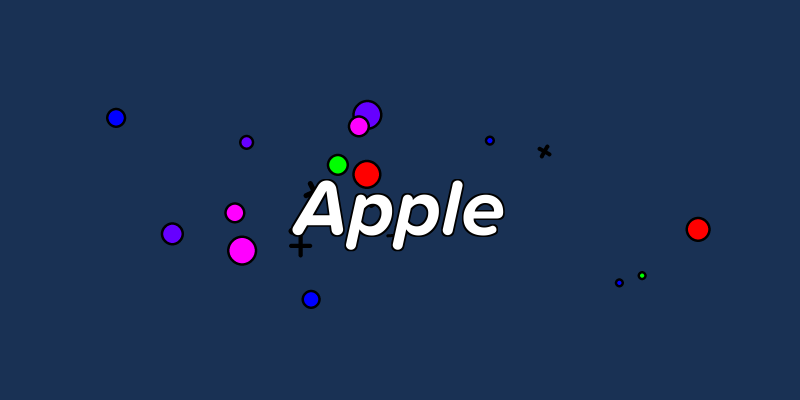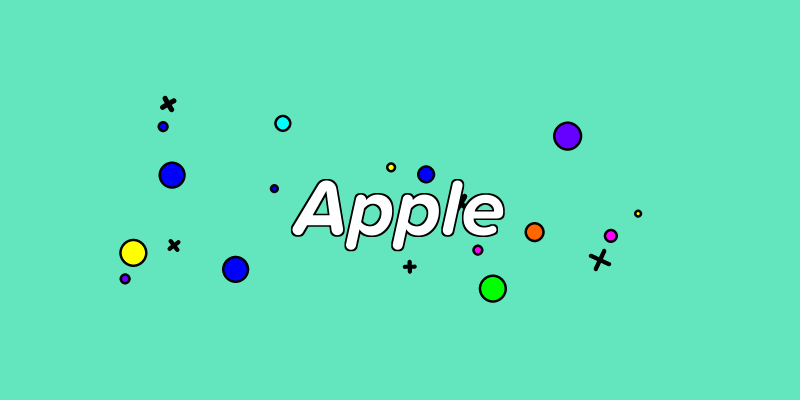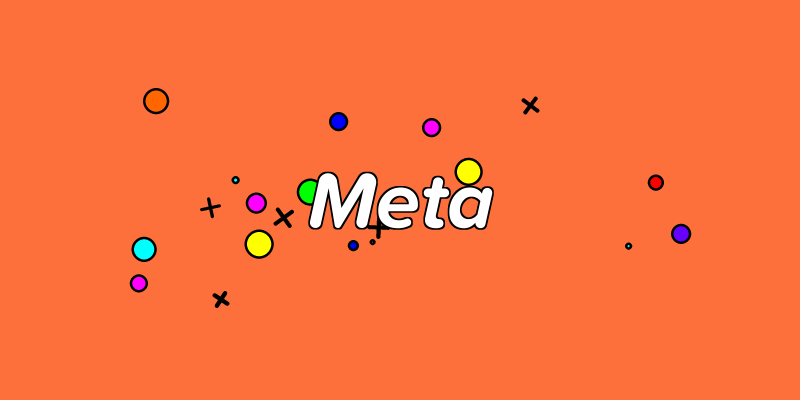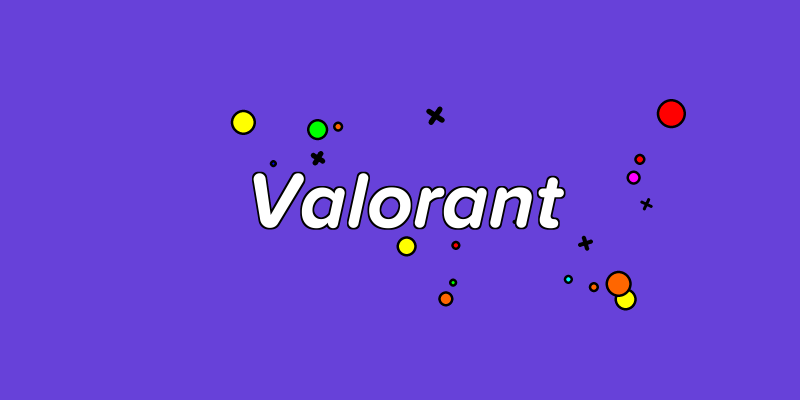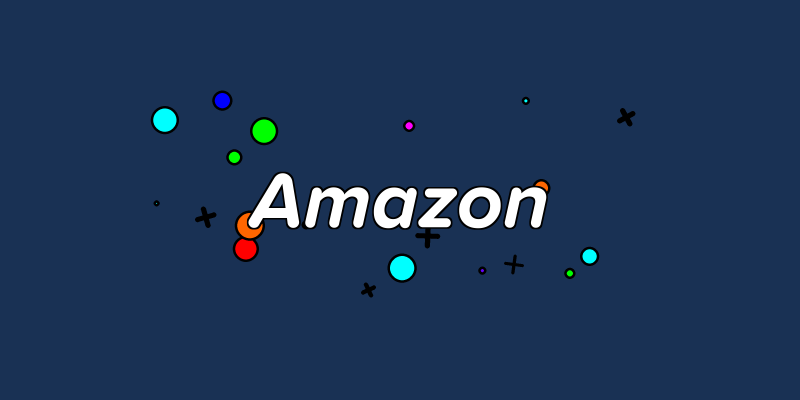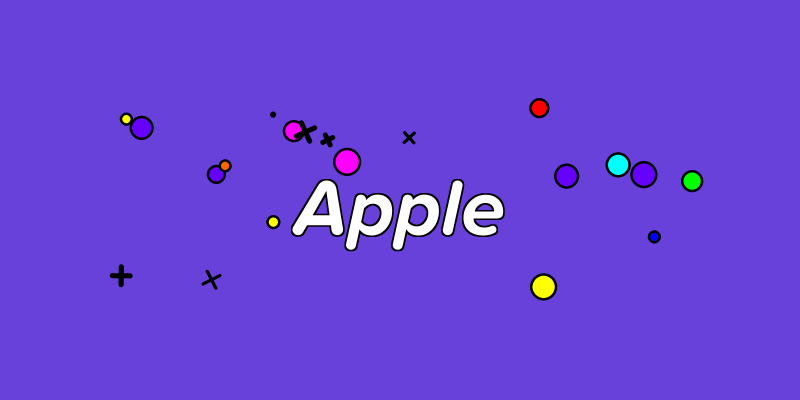
X Makes Likes Private
In a bold move aimed at protecting its users against online harassment, X (formerly known as Twitter) has decided to make all likes private. This change means that only the user who liked a post will be able to see their name associated with it - an effort geared towards fostering a safer and more inclusive social media environment for everyone involved.
12 June 2024

